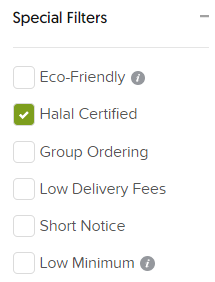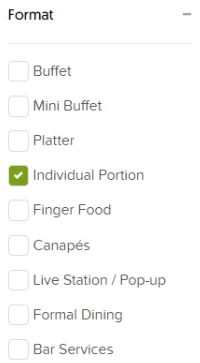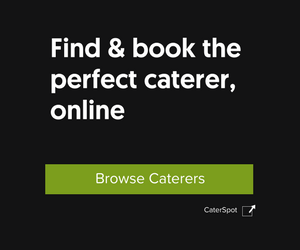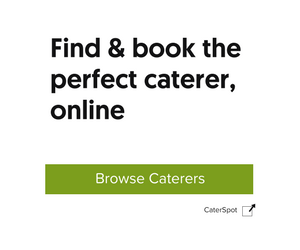Tuesday, March 12th, marks the beginning of Ramadhan. Millions of Muslims worldwide will refrain from eating, drinking, and smoking throughout the day until March 30th. In Singapore, the Muslim population will fast for 13 hours with an additional 18 to 20 minutes in a day.
Even though this religious practice lasts for a month, life goes on as usual for Muslims, and that includes showing up for work, regardless of whether in the office or remotely.
What Other Practices Do Muslims Observe In This Month Besides Fasting?
During the sacred month, Muslims engage in several practices beyond fasting. The day commences with a pre-dawn meal known as ‘suhur,’ which preps the body with essential nutrients for the day’s fast.
As the day unfolds, some Muslims may dedicate a few moments to contemplating and reading the holy Quran, allowing them to connect spiritually with their faith.
Once the fast is broken at sunset with iftar, the faithful are encouraged to partake in the voluntary night prayer called ‘taraweeh.’ The duration of ‘taraweeh’ can vary, with some completing it as short as 20 minutes, while others may extend the prayer to an hour.
What Are The Unique Challenges For Fasting Muslims In The Office?
1. Fatigue
Since Muslims aren’t allowed to consume meals and drinks, fasting can lead to lower energy levels, especially towards the end of the day.
2. Changes in sleep patterns
Muslims have to wake up earlier than usual to have their pre-dawn meal before starting their fast, which changes their sleep patterns.
3. Less social interactions
Muslims will have fewer opportunities to catch up with their colleagues over meals during lunchtime or other breaks.
As An Employer, What Can You Do To Support Your Muslim Employees In Ramadhan?
1. Schedule Meetings Earlier In The Morning
It’s advisable to schedule meetings earlier when they are more likely to be alert and energetic. As the day goes on and their energy may wane, consider avoiding late afternoon meetings to allow focus time and prevent exhaustion.
2. Introduce More Flexibility In Working Hours
Employers can show their support by offering flexible work arrangements, such as modified schedules or remote work options. As fasting from dawn to dusk can take a physical and mental toll on employees, these accommodations can help maintain productivity while minimising stress.
3. Manage Expectations For After-Office Hours Activity
A typical day in Ramadhan doesn’t end with the iftar. Every evening in the month is filled with taraweeh and other spiritual activities, such as studying the Quran and attending sermons in mosques. A special allowance to exclude Muslims from participating in after-office activities is a thoughtful gesture that cultivates respect between employees and employers.
4. Special Break Around Iftar Time
If your Muslim employees need to be around in the office well into iftar, a good practice is to allow a dedicated break for their much-needed first drink and meal of the day. Allowing them an hour’s break in lieu of their skipped lunchtime is another practice you can implement.
5. Serve Iftar Meal On The Company’s Tab
Another way to establish a good rapport with your employees is to provide catered meals in the office. Ramadhan presents an opportunity to expand on this idea with your Muslim employees who’ll be staying in the office until iftar.
You may also want to consider Muslim employees leaving the office close to Iftar, as getting to an iftar meal on time may be challenging.
CaterSpot’s Marketplace offers a convenient way to order meals for your Muslim employees whose iftar may be impacted by work commitments.
Make The Most Out Of Your Marketplace Orders For Iftar Meals With These Tips:
- Request the delivery by 6 p.m. at the latest to ensure the meals are ready for your Muslim employees to collect for iftar.
- Check the ‘Halal Certified’ box on the left-hand side to quickly filter caterers with halal meals.

- Consider individual meals for iftar. Individual meals allow the employees to break their fast at their own pace. Employees leaving late before iftar will appreciate the convenience of taking away a bento instead of buying a meal on the way home or rushing to prepare one. Check the ‘Individual Portion’ under Format to narrow down your search for individual meals like bento or rice bowls.
















